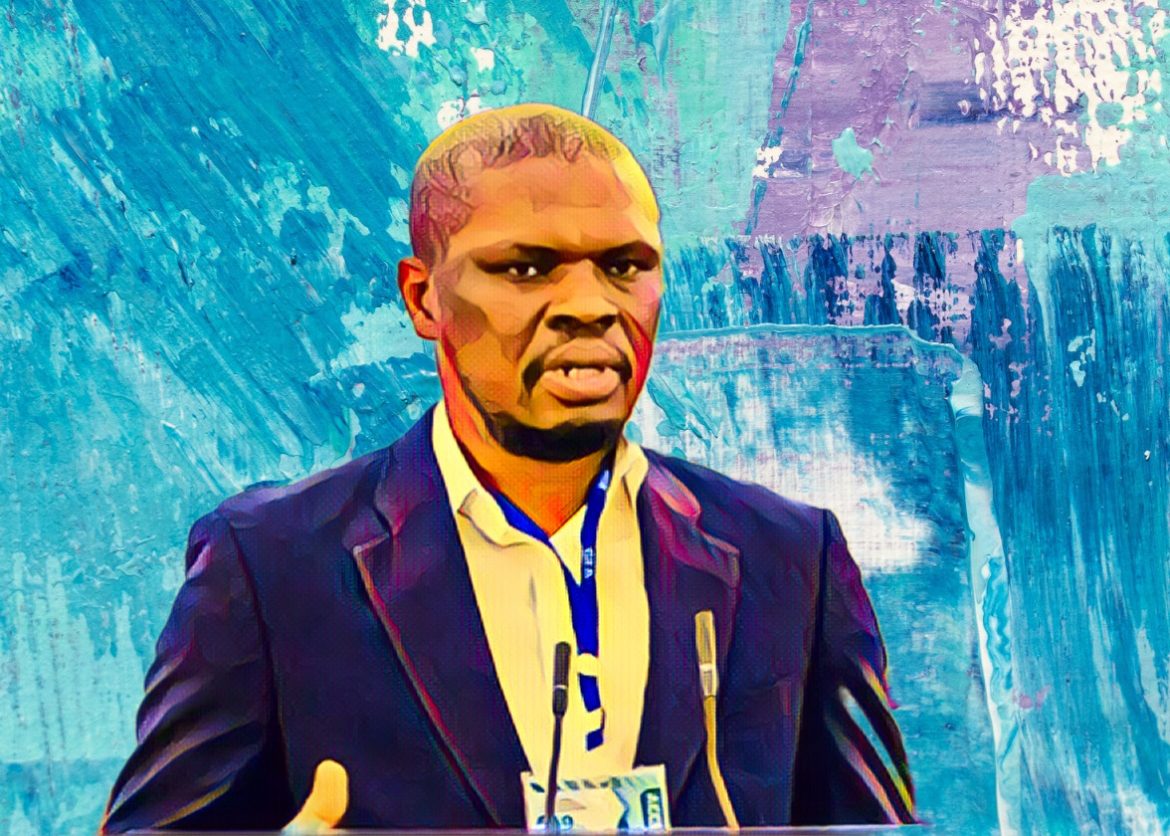Ghana’s decision to host the 13th African Games in 2023 is proving to be a game-changer for the nation’s sporting landscape. According to Mustapha Ussif, the Minister for Youth and Sports, the significant investment in facilities has not only bolstered domestic training and competition but has also catapulted Ghana to the forefront of potential hosts for international sporting events.
World-Class Facilities Attract International Recognition
Addressing Parliament on the impact of the Games, Ussif underscored the strategic investment made by the government in sports infrastructure. He elaborated on the tangible benefits this investment has yielded. “Ghana has emerged as a top contender for hosting international sporting events,” Ussif declared, attributing this newfound status to the “world-class facilities” constructed for the African Games.
The Borteyman Sports Complex, in particular, has garnered considerable international attention. Ussif highlighted the unique status of the Aquatic Center within Africa, effectively positioning Ghana as a preferred destination for international aquatic competitions.
The positive impact extends beyond mere potential. Ussif revealed that Ghana has already begun receiving requests from international sports bodies to host events. The Commonwealth Games Federation, for instance, has expressed interest in Ghana taking center stage for the Commonwealth Youth Games.
Ghana’s upgraded facilities have also translated into concrete wins. The recent successful bid to host the 2026 African Athletics Championship serves as a strong testament to the nation’s improved sporting infrastructure.
Securing the Legacy: Upkeep and Future Management
Ussif emphasized the importance of preserving these facilities for long-term use. He outlined plans to ensure their upkeep, including handing over the University of Ghana facilities back to the university itself. The Borteyman Complex presents a more complex situation. While considering proposals from the private sector, the Ministry has, as an interim measure, entrusted management to the National Sports Authority.
Ussif concluded by underlining the lasting impact of the African Games. “These are the enduring legacies of hosting the Games,” he stated. The improved infrastructure, he argued, aligns with President Akufo-Addo’s vision of propelling Ghana to the top ranks of African sporting nations.
While the influx of international events and recognition is a positive development, challenges remain. Long-term maintenance of these facilities is crucial to ensure their continued viability. The success of the private sector proposals, or the National Sports Authority’s interim management, will be closely monitored.
Furthermore, Ghana must capitalize on this momentum to nurture domestic sporting talent. Upgraded facilities alone will not guarantee sporting success. Investment in coaching programs, talent identification initiatives, and athlete development are all crucial aspects that require continued focus.
A Turning Point for Ghanaian Sports?
Ghana’s hosting of the African Games appears to be a turning point for the nation’s sporting infrastructure. The international recognition and potential to host prestigious events are significant developments. However, ensuring the facilities’ longevity and fostering a robust domestic sporting scene will be key to sustaining this progress and achieving President Akufo-Addo’s vision.
The coming years will be crucial in determining whether Ghana can leverage its upgraded infrastructure to not only attract international events but also cultivate a thriving domestic sporting culture.
Source: Graphic Online




